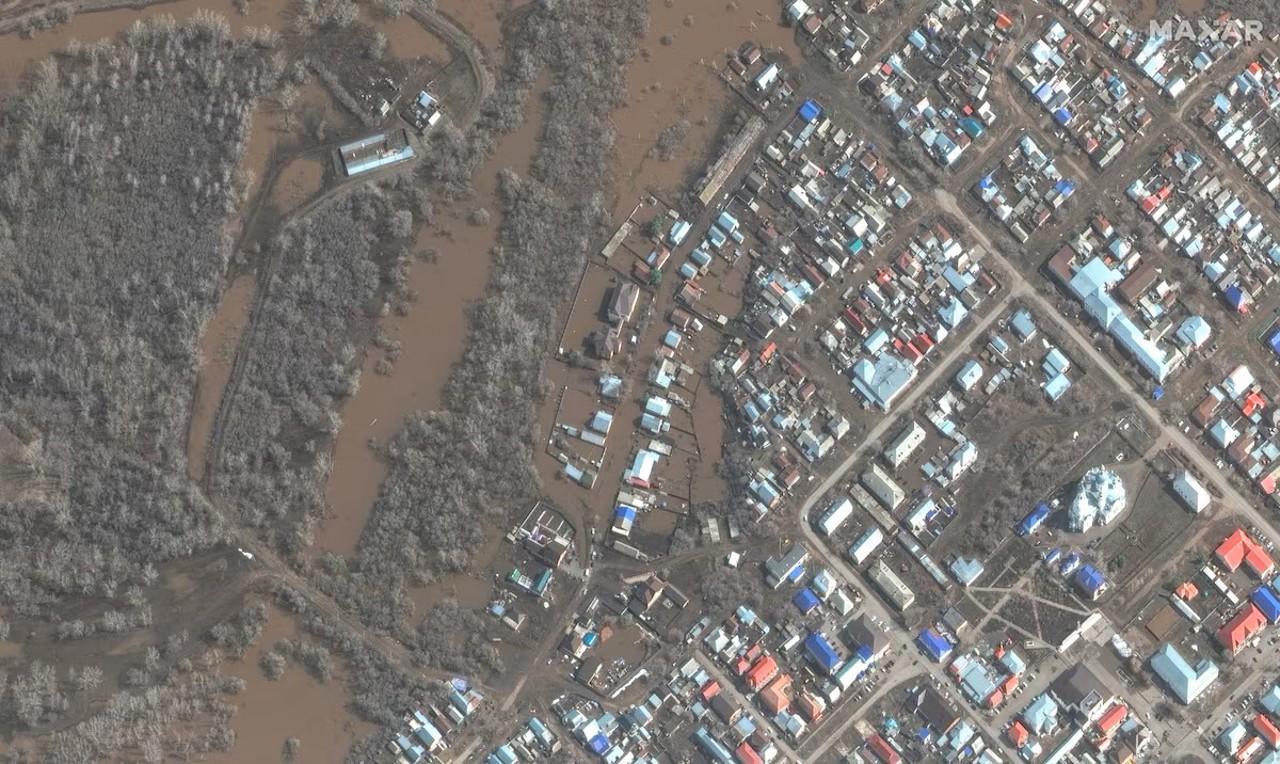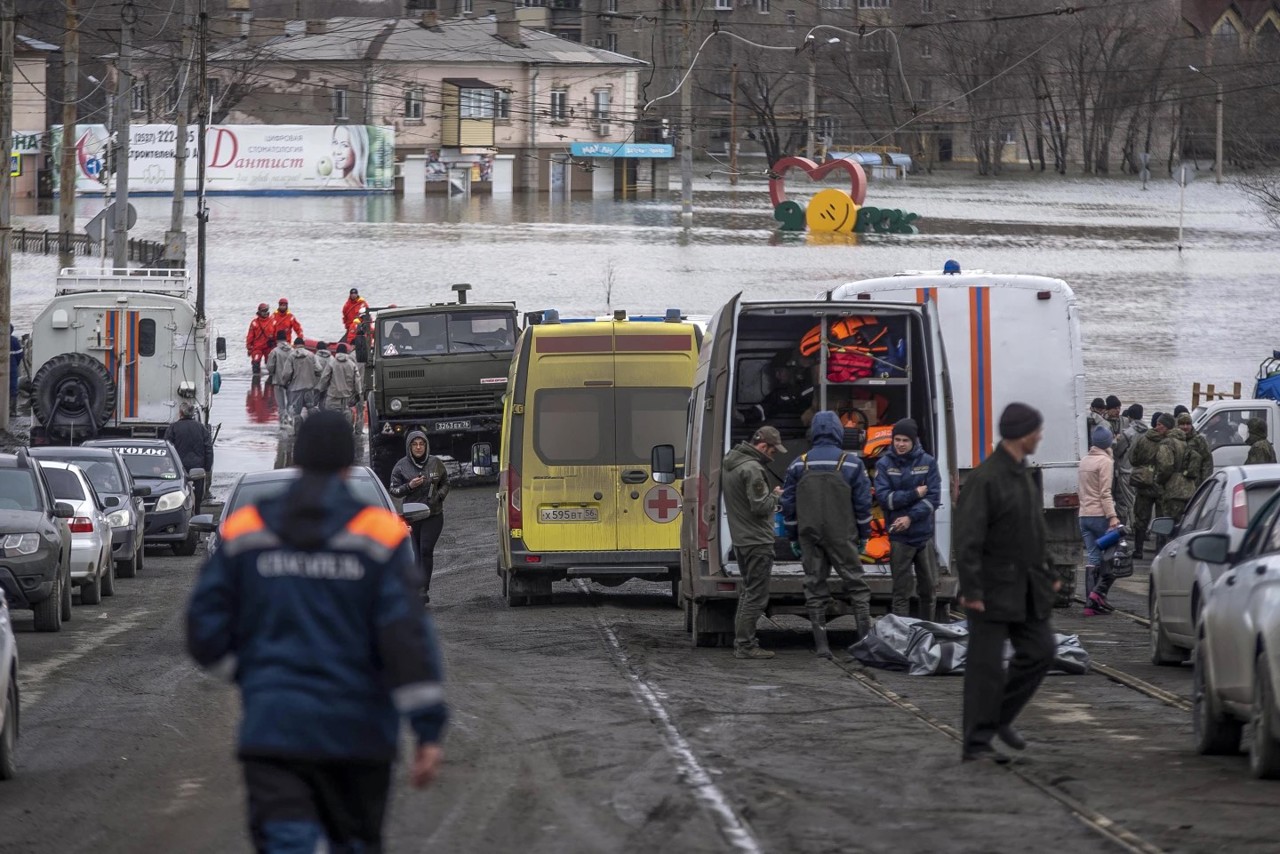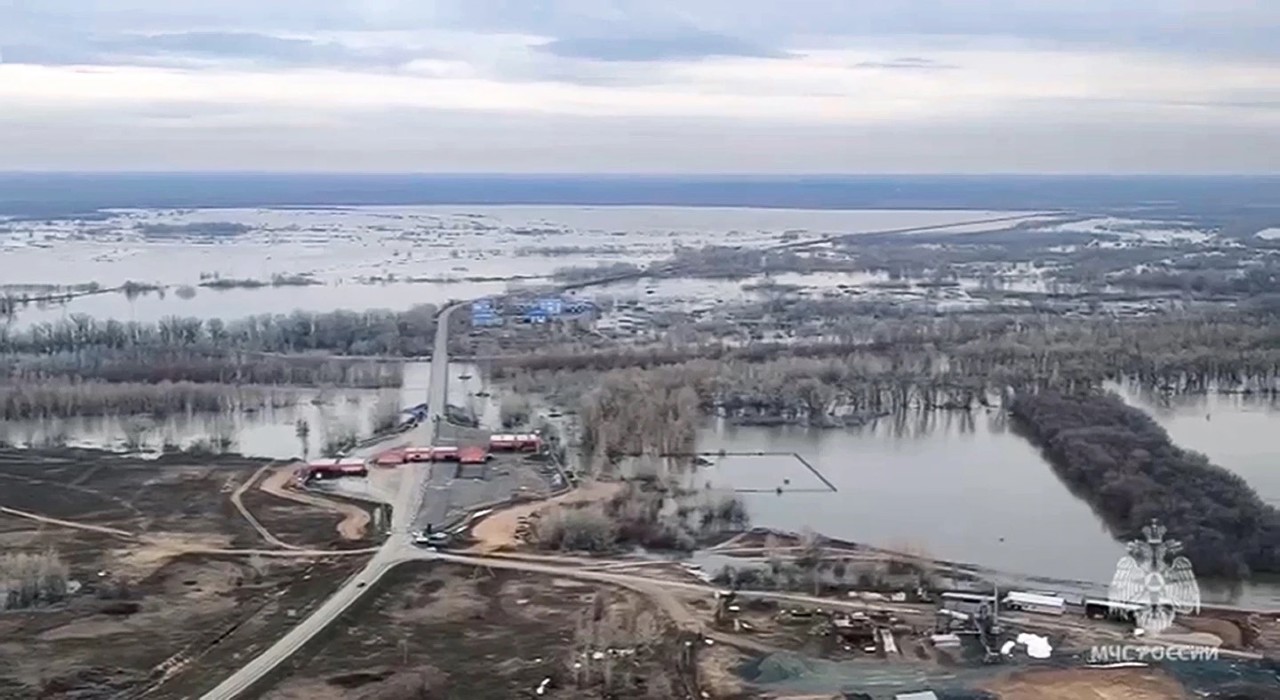Catastrophic Flooding Hits Russia and Kazakhstan: Thousands Evacuated
Floodwaters inundated both urban and rural areas across Russia and Kazakhstan on Wednesday, following the overflow of Europe's third longest river.

Reuters reports that over 110,000 individuals were compelled to evacuate, and sections of Orenburg, a Russian city, were submerged as a result.
The impacted regions in Russia lie just south of the Ural Mountains, approximately 1,200 km east of Moscow. States of emergency have been declared in the Orenburg and Kurgan regions of the Urals, as well as in the Tyumen region of Siberia. In Kazakhstan, the most affected areas include Atyrau, Aktobe, Akmola, Kostanay, Eastern Kazakhstan, Northern Kazakhstan, and Pavlodar, many of which border Russia and are traversed by rivers originating from or flowing into Russia.
The consequences of these floods are severe. In Kazakhstan, more than 96,000 people have been evacuated, while in Russia, the number reaches at least 12,000. Homes have been submerged, with over 10,500 reported flooded in Russia and 3,444 still underwater in Kazakhstan. Additionally, significant economic ramifications are being felt, as properties worth billions of dollars have been destroyed, and critical sectors like wheat production and oil refining have been disrupted.

The Orsk oil refinery in Russia has declared force majeure concerning fuel supply as of April 8, citing ecological risks and workplace safety. Last year, the refinery processed 4.5 million metric tons of oil. Furthermore, over 8,000 farm animals have perished in Kazakhstan, prompting the Ministry of Agriculture to deploy specialised teams for carcass disposal and disease prevention.
Despite the immediate concerns, the broader implications of climate change on these events remain uncertain. Russia's vast territory, including its expansive boreal forests, plays a crucial role in the global climate, but whether climate change exacerbates such natural disasters is yet to be definitively determined.
Translation by Iurie Tataru







